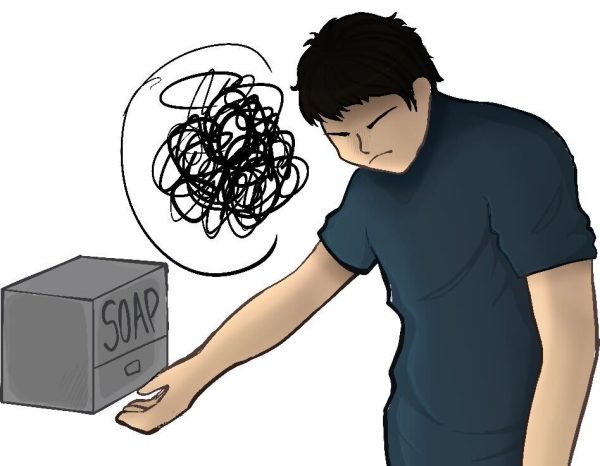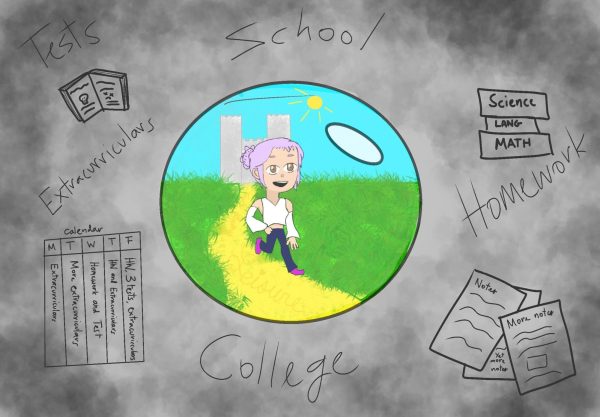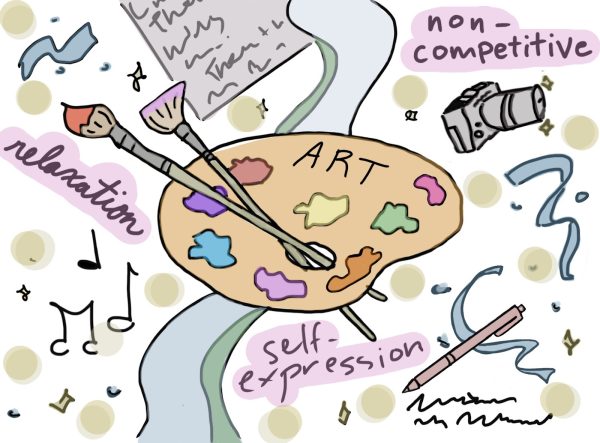No to performance-based pay for teachers
Teachers already deal with a considerable amount of stress. The barrage of work, from grading students’ papers, to managing the classroom setting, to meticulously planning lessons, is enough for any teacher to feel under pressure. Is it really a wise decision to add to that pressure by basing teachers’ pay off of their students’ performance?
Performance based pay for teachers is the concept that teachers should be paid based on how well their students do. The best teachers will enjoy higher salaries, whilst the underperforming teachers will not. And if teachers consistently underperform, they may be removed.
Already, there are several issues with performance based pay, one of them being that some school districts do not have the adequate amount of funding for this. According to the Public Policy Institute of California, in 2013, schools paid for 8% of teacher payrolls. By 2020, they will pay for 19%. There are also rising costs for special education programs, whilst schools with declining enrollment rates will receive less funding.
School districts outside of California are not faring much better. According to a report by the Education Trust, the poorest school districts, especially those in Illinois, Missouri, New York, and Alabama, receive significantly less funding than the wealthiest districts.
No teacher will want to teach in poverty-ridden districts, nor will they be inclined to teach in districts with the worst performing students.
As a result, performance based pay will may cause the best teachers, hoping to seek the most financial gain, to teach at the more affluent schools, where they can maximise their paycheck. Meanwhile, the lesser performing teachers would likely end up in a poorer school district.
This poses a serious issue: it is possible that, because the best teachers go to the wealthiest districts, and the worst go to the poorest, the academic gap between wealthy and poor school districts will widen.
Issues with performance based pay are not just financial. If a teacher’s pay is determined by how well their students do, wouldn’t they just teach them how to do well on a test rather than how to learn? Indeed, teachers would likely help students achieve good grades rather than actually learn useful material. The issue is, teaching students how to get good grades will not help them in life. Teaching them useful material and skills, however, will.
According to ThoughtCo, performance based pay would be a good motivation for teachers to improve and perfect their teaching habits. However, teachers could simply, simply hand out good grades to undeserving students.
Moreover, it is unclear exactly how much influence a teacher has over his or her students. Teachers often have to deal with uncaring students, or students who are exhausted by their workload. Additionally, teachers who are hellbent on extra pay may bludgeon their students with heaps of work in an attempt to make them learn.
This can cause high levels of stress that students experience by the amount of work given to them at school. Considering that 1.2 million high school students drop out each year (likely because high school student tend to get extremely stressed due to large amounts of work that teachers give, for each class), by having student performance based salaries the number would increase by thousands more. With teacher based salaries, teacher could give students even more homework, increasing student stress, and subsequently, the dropout rate.
Allowing schools to have performance based salary will most certainly increase the number of high school dropout.
The main reasoning behind it is that because each teacher will fro the most part a decently based salaries, which could potentially be really bad due to the more teachers wanted a high salary the more they will want to punch their students making them feel even more stressed to the point where they would want to dropout. Even now that there aren’t performance based salaries, so many students end up graduating from high school, but the morte a student is pushed the more the student might not want to continue school.










